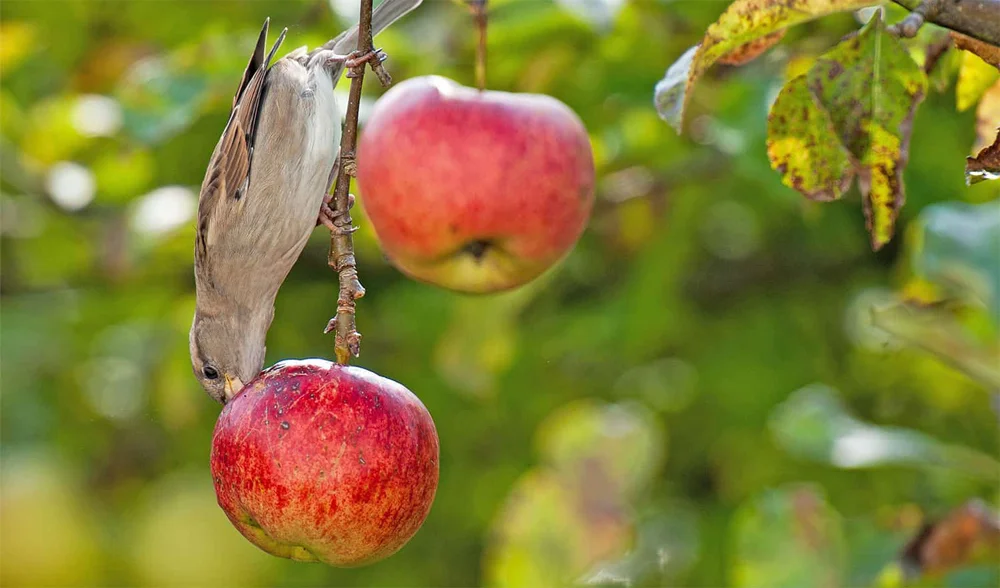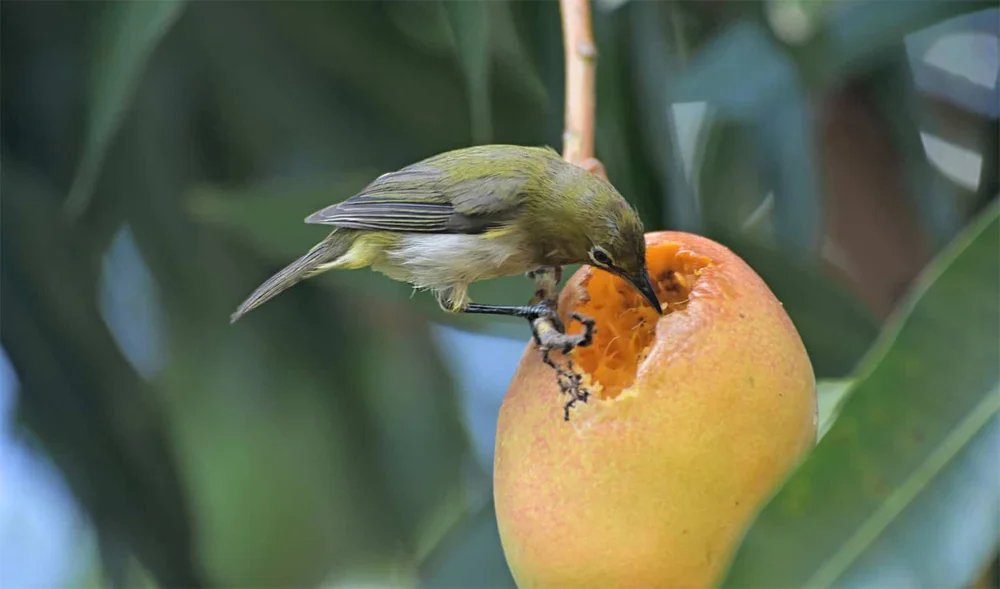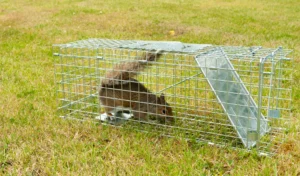In rural regions, avian creatures and other pests can pose significant disruptions to farmers, enterprises, and homeowners. Their activities have the potential to result in extensive damage, financial setbacks, and significant safety risks. The implementation of a bird cannon presents an economical and effective approach to pest management, particularly well-suited for expansive landscapes. This article provides a comprehensive overview of everything essential to understand about these solutions.
Basics of Bird Cannons
Contrary to its label, a bird cannon does not discharge tangible projectiles. Instead, it functions as a contrivance generating highly resonant sound bursts, intended to deter avian and other pest intrusions. This mechanism involves a precisely regulated fusion of air with LPG/propane or butane gas sourced from an affixed container. This amalgam enters a combustion chamber, triggering a controlled sonic eruption of noise which is subsequently expelled from the device’s barrel.

The noise emitted by a bird cannon reaches volumes akin to a jackhammer’s resonance, an approaching ambulance’s wail, or the discharge of a 12-gauge shotgun. This instigates a fear-induced flight reaction in birds and other pests, prompting their swift departure from the vicinity. In fact, the majority of models generate a substantial volume of sound, effectively safeguarding areas spanning several acres in size.
Although bird cannons are available in diverse configurations and equipped with a range of features, they generally operate based on the same fundamental principle. During your search for such a device, you might encounter alternative terms such as “bird scare cannon,” “propane bird cannon,” “bird banger,” or even the straightforward “scare cannon.”
What are the Targeted Pests?
The primary purpose of bird cannons revolves around discouraging avian pests. To illustrate, they find frequent application in deterring Canada geese, starlings, sparrows, herons, crows, wild turkeys, ravens, blackbirds, grackles, seagulls, turkey vultures, and black vultures. Nevertheless, their efficacy extends to virtually all species of pest birds.
Furthermore, these devices serve as effective deterrents against various non-avian pests. This includes creatures like deer, elk, wild hogs, kangaroos, monkeys, and even elephants. They also play a role in deterring predators such as bears, coyotes, and wolves.

Where and Why Are They Used?
Due to their capacity to emit highly intense sound detonations, bird cannons are not a suitable choice for pest control in regular residential backyards. Instead, they find their primary application in expansive rural or industrial settings, including:
Agricultural Farms: Cannons find widespread application in safeguarding crops from pest-related harm across a diverse array of crop categories, encompassing fruits, vegetables, nuts, and grains. Their utilization spans various farm settings, including orchards and vineyards.
Aquaculture Farms: Bird cannons are frequently adopted by fish farms and hatcheries to deter predatory birds like herons, pelicans, eagles, and cormorants, among other species, that pose a threat to their fish and crustacean populations.
Garbage Dumps: Waste management facilities utilize cannons to discourage the presence of both animal and avian pests, which frequently converge on these sites in significant quantities to scavenge for refuse.
Airports and Helipads: Airports, helipads, and aeronautics establishments extensively deploy bird scare cannons to deter birds and pests from encroaching upon landing and takeoff zones. This precautionary measure aims to avert collisions with birds, commonly referred to as “bird strikes,” which can lead to fatal outcomes for both humans and avians. This approach plays a pivotal role in safeguarding lives on multiple fronts.
Structures: Roosting and nesting avian populations produce substantial amounts of waste, which can possess significant acidity (particularly in the case of vultures). This acidic waste contributes to the deterioration of metals and other materials, subsequently leading to structural degradation and potential hazards. Cannons serve as a preventive measure to deter pest birds from occupying areas such as cell and radio towers, oil rigs, building roofs, as well as infrastructure utilized by power and utility companies.
Large Areas Where Bird Waste Is a Problem: Avian excrement has the potential to create significant disorder and pose substantial health hazards to humans. Bird scare cannons find application in expansive areas like golf courses and marinas to maintain these spaces free from birds and their waste. Moreover, they play a role in safeguarding crucial freshwater sources such as reservoirs from contamination caused by bird waste.

Advantages of Using a Bird Cannon
Highlighted among the key benefits of employing a bird cannon are:
Humane and Safe: In contrast to alternative pest control methods like baiting or trapping, employing a bird cannon is entirely humane, devoid of any concerns about toxic chemicals or poisons. Although the cannon’s purpose is to startle pests, it poses no physical harm to them whatsoever. The cannons operate using propane/LPG or butane, both categorized as “clean-burning” fuels. Both fuels are not only non-toxic but also eco-friendly in nature.
Able to Operate Independently: Bird cannons are engineered for autonomous operation, requiring no manual intervention. You need not be present to operate them; as you carry on with your daily tasks, they autonomously emit sound blasts at predefined intervals, such as every twenty minutes.
Cost-Effective: Although the initial purchase price of bird cannons surpasses that of numerous alternative pest control methods, their cost-effectiveness proves notably superior. This is attributable to their capability of safeguarding substantial expanses of property with a single cannon. In practice, a solitary unit can effectively discourage pests across an area of up to five acres, while some models extend their efficacy to cover regions of up to ten acres.
Refilling the LPG/propane or butane tank becomes necessary once it’s depleted. Gas replenishment is not only cost-effective, but each tank generally sustains numerous bursts, amounting to a lasting resource. This renders the cannon’s operation highly economical over time, often requiring as little as a few cents per day to manage a single unit.

Some Quick Tips for Using a Bird Cannon
Achieve your desired outcomes by considering these helpful pointers:
Strategic Placement: Ensure proper placement of your cannon along the perimeter of the pest-affected zone. Alternatively, consider situating it where pests enter or land on the property. A useful tip is to position the bird cannon facing downwind, utilizing the wind to enhance the sound’s propagation over longer distances.
Ear Protection: Bird cannons are engineered to emit an exceptionally high volume of sound. Consequently, it’s of utmost importance to wear suitable ear protection when in proximity to an operational cannon. Failure to do so could result in temporary or even permanent damage to your hearing.
Change Things Up: Enhancing its efficacy over time involves periodically relocating your bird cannon and adjusting the firing frequency. This strategy prevents pests from acclimating to the predictable cannon sound. Some models feature a random firing mode, which adds variation and further disrupts patterns.
Combination of Deterrents: Supplementing your bird cannon with a diverse range of deterrents can significantly enhance its effectiveness. Incorporating visual elements like decoys and repellents that trigger fear responses in pests can greatly amplify the likelihood of deterring their presence.
In the realm of discouraging avian and pest presence across expansive spaces, choosing for a bird cannon from Safe-Killer stands as both a cost-efficient and impactful decision. With the insights provided in this guide, you’re equipped with all the necessary information to initiate the use of this tool and safeguard your property effectively!



